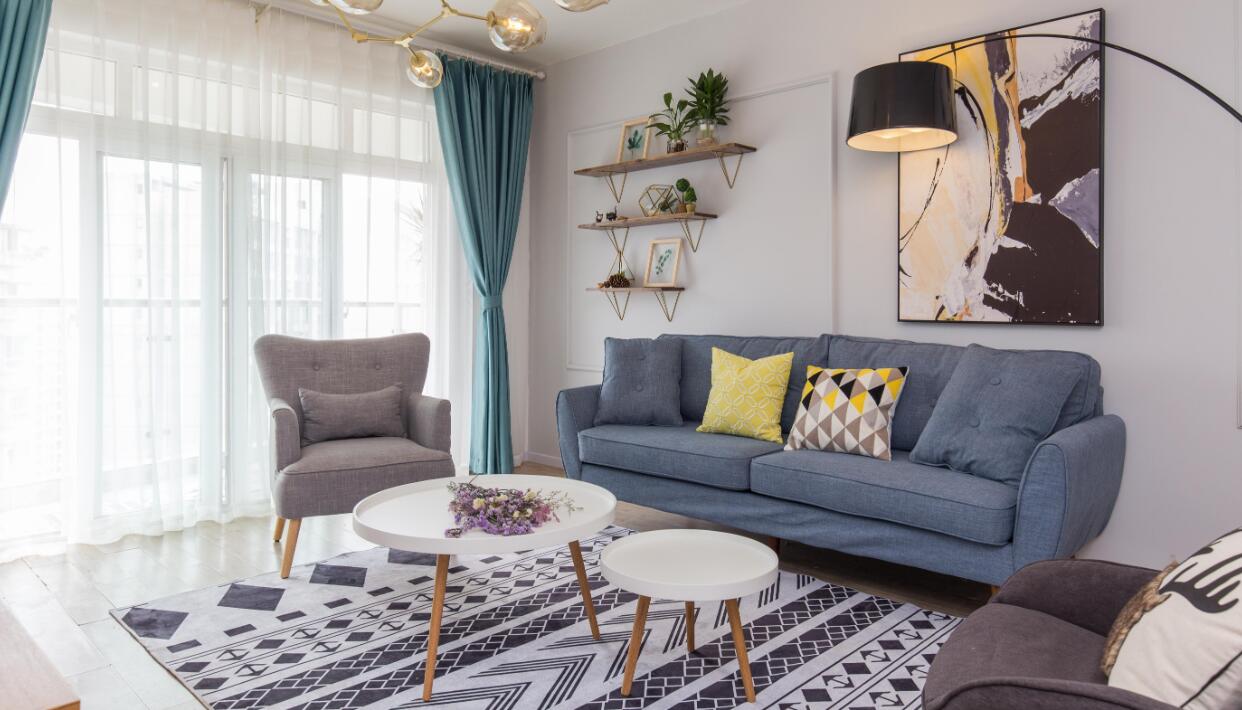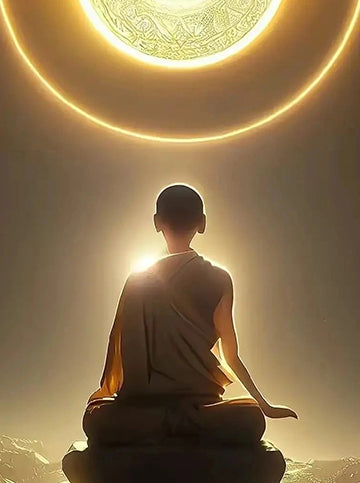Traditional Harmony
In the case of the studio apartment there is a Feng Shui incongruity, as the Bagua is applied simultaneously to the whole premises and to just one room, with the entire space being segmented into eight sectors. So which aspirations to promote and which sectors to energize should be carefully considered. Energizing more than three of the eight, especially in a cramped, constrained environment, could be conflicting. Focus instead on the harmonious balance of the elements in any one sector.
In many contemporary apartments, the main door opens onto the main living area, leaving little protection from fast flowing or negative Qi. Traditionally, a screen would be erected directly inside the door to rectify or reduce the problem, but often this can be impractical. Plants or hat stands are often applied instead.
When checking which direction a studio apartment faces, go by the direction of the street door of the main building, not the door of the apartment. And be particularly careful of poison arrows, both internally and externally. Look out for urban skyline fixtures such as telephone poles, neighboring buildings or sharp, sloping roof lines.
If you are buying an apartment, be aware of communal staircases. They're preferable to staircases on the sides of the building: ideally, the staircase should not face the main door of the building or the entry to the home. Otherwise Qi will be fast flowing and potentially harmful.
A view of the water enhances the Feng Shui of any apartment building. However, pools should not be located within the apartment block, either on the ground floor or the top floor. It is believed that water above or below spells danger.
Modern Design
The beauty of a studio apartment is that few living functions are walled off - this gives greater freedom to enhance the Feng Shui of certain sectors without dividing the space. A range of techniques can be applied to enhance or conceal certain areas. Lighting can be soft, colored, moody or bright. Space can be compartmentalized and barriers implied with screens, curtains, lengths of fabric, the application of color.
Within this tricky space, use mirrors carefully, as you may inadvertently extend an area considered important while minimizing another. Be careful, particularly with large mirrors. Mirrors are great for extending "missing corners," but there may not be any missing corners in the studio apartment.
As space is limited, try enhancing the space with images or artwork. Use rounded furniture where possible. Add a water feature in the prosperity sector to enhance wealth, or place images of you and your loved one in your romance sector. If practical, place a wooden, woven or delicate paper screen inside the front door to stop the negative flow of Qi. Where possible, decorate the balcony with hanging pots.
Occupants of this studio apartment will feel depressed and lonely. Little consideration has been given to the sharp angles and stagnant corners of this space. The lighting and the furniture are too angular, and not in proportion to the room. There's too much yang energy and not enough cozy yin spaces.
The beauty of a studio apartment is that few living functions are walled off. The Feng Shui practitioner can enhance, conceal and increase intimacy in pockets of the space by adding clusters of chairs, footstools, coffee tables - but make sure the furniture is soft, rounded, comfortable and inviting. Colorful artwork is another beneficial way of lifting the energy in a dark corner.
This inner - city chic studio apartment, painted in monochromatic tones, allows for either yin or yang furnishings. Storage is seamlessly concealed. Lighting and a clutter -free environment keeps Qi flowing freely. A comfortable couch, floor cushions and rounded armchairs keep this space free of hard - hitting poison arrows.

